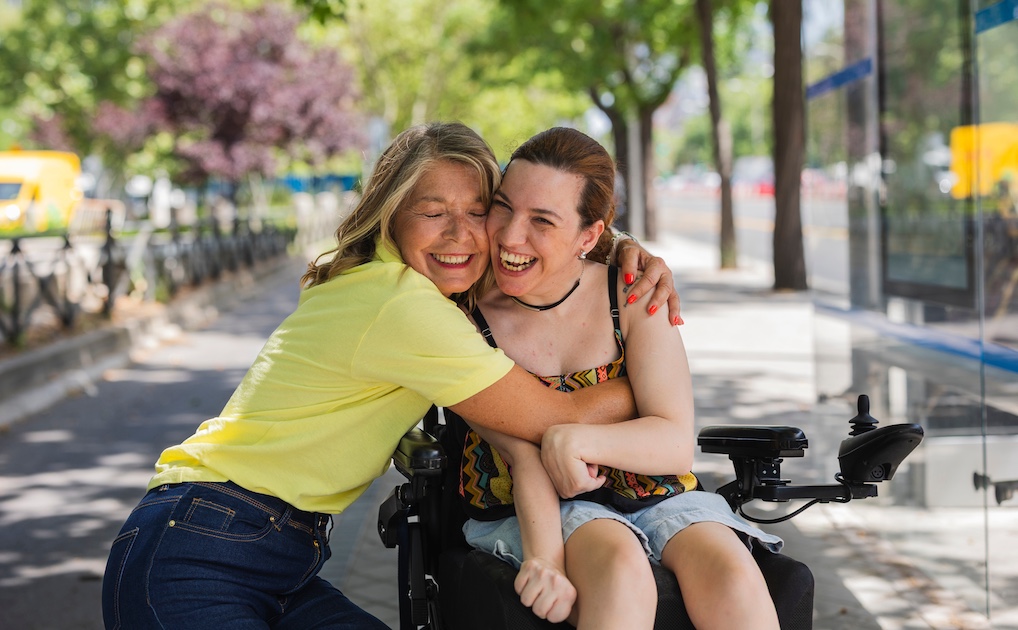7 Things You Should Know About Alzheimer's Disease
In honor of World Alzheimer’s Month, we’re sharing seven things you should know about the disease and its effect on those who have it and their caretakers.
- New technologies, like virtual reality, can help people understand and empathize with what it’s like to live with this disease and how it progresses over time. To learn more about the experience of living with Alzheimer’s disease, check out this startup that’s trying to make it easier for those who don’t suffer from it and other diseases to relate to those who do.
- Alzheimer’s disease doesn’t just affect people’s memory or cognition – it affects the whole body and every aspect of their lives. We hear a lot about the cognitive difficulties, like memory loss, inherent in Alzheimer’s disease. However, “behavioral and psychological symptoms are nearly universal", according to recent research about treating those symptoms and about how they affect caregivers.
- Managing these non-cognitive symptoms, including agitation, anxiety, motor disturbance, and night-time behaviors, is critical. The presence of these types of behavioral and psychological symptoms may be related to increased risk of institutionalization and can result in caregiver distress. Physical exercise may reduce depression and improve night-time sleep in people with Alzheimer’s or dementia.
- One of the first signs of Alzheimer’s is financial irregularities. For some people, an early sign of Alzheimer’s disease is difficulty managing their finances or making decisions. Each year, the symptoms of some portion of people with Mild Cognitive Impairment (MCI) progress into Alzheimer’s disease, and those whose symptoms do progress in this way are more likely to have difficulty balancing their checkbook or completing other financial tasks.
- There is still no cure, no treatment, and no way to prevent Alzheimer’s disease. According to the latest report from Alzheimer’s Association, “As the population of the United States ages, Alzheimer’s is becoming a more common cause of death, and it is the only top 10 cause of death that cannot be prevented, cured or even slowed.” In fact, between 2000 and 2015, the number of deaths from Alzheimer’s disease grew 123 percent, while the number of deaths by the current number one killer, heart disease, fell 11 percent.
- One in three older adults dies with Alzheimer’s disease. Even if death isn’t a result of the disease itself, they may have lived with Alzheimer’s disease. As the baby boom generation ages, the population of older adults at risk of developing the disease increases. Age is one of the most significant risk factors for Alzheimer’s disease, and Americans that are 85 years of age and older will continue to be the fastest growing segment of our population.
- Caregivers of those with Alzheimer’s disease put in more hours and more money per year compared with caregivers overall. They are more likely to be performing medical tasks than other caregivers. The average person with dementia requires 171 hours of care per month – over 100 hours more than those caregiving for someone without dementia. And, the demands of caregiving may intensify as people with dementia approach the end of life. One study describes the increasing pressure caregivers feel in the year before a care recipient’s death: 59 percent of those caregivers felt they were “on duty” 24 hours a day.
Looking for ways to help?
One way is to participate in the Walk to End Alzheimer’s. Our local walk with the Alzheimer’s Association in San Francisco is happening on Saturday, November 10th. We welcome you to join the True Link team participating in San Francisco (and remote locations!). Learn more about our team.











